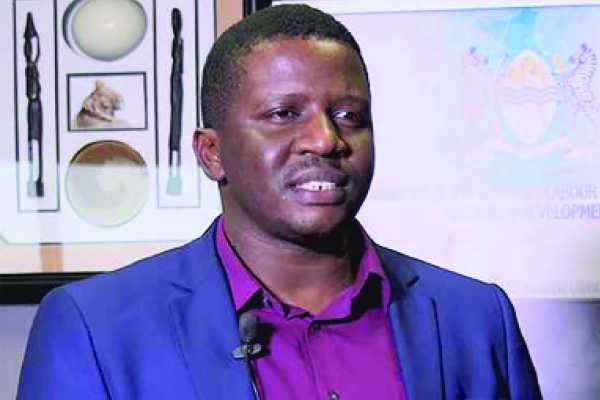BFTU launches Workers’ Manifesto
The Botswana Federation of Trade Unions (BFTU) launched its first ever manifesto for the 2019 national elections on 1 May to coincide with Workers’ Day. BFTU spokesperson Thusang Butale told this publication that the manifesto was premised on the realisation that they do not educate workers properly on critical issues that they should consider when they are engaging parliamentary aspirants in their constituencies.
“Last year October we held a general council meeting and during our discussions we pointed out that elections are around the corner and that a lot was happening in our country in terms of issues of unemployment, corruption and poverty, which essentially affect workers,” he said. Butale explained that while the manifesto was launched this week, they would roll it out in the coming weeks and also engage community leaders and members through kgotla meetings.
He said they would also engage political parties on their manifestos “BDP released theirs and we are waiting for the UDC manifesto that will be out in the next two weeks. “We will not influence or persuade workers who to vote for but to improve the scope of education and knowledge as we strive to advance Botswana.”
He said that manifesto covered a wide range of issues but one key issue was work ethic in Botswana. “We wanted to know why workers don’t apply themselves more in Botswana and it directed us to welfare issues, decent and work deficit, which cover issues of occupational health and safety,” he said.
The union mouthpiece also said that they had included the political landscape because of the inter-party fighting and opposition and ruling party bickering, adding that they had observed that workers are often “bought” for votes as if their vote is for sale to the highest bidder. “This is because some workers are not well-informed on issues and do not know how to engage public office aspirants. We created this document that could speak to workers and educate them on issues of interest, with primary focus on educating them on issues that affect them and the current status.”
Butale cited corruption as a niggling issue in Botswana. “NPF money and Central Bank funds belong to Botswana – there should be accountability. “The public should know that they are suffering while a few people benefit. Subsequent to all this we saw petrol price hikes and this affects workers but the minimum wage is still very low and the private sector for example, has not seen wage increases in a long time.
These issues impact across board.” He said that socio-economic inequality was still prevalent 50 years after independence. “The gap between the poor and the rich continues to increase. From outside Botswana appears to be rich but reality is the opposite. How can we bring wealth to the country when we are the working poor?
“We demand sharing resources and wealth, and creating a democratic, diversified and inclusive economy. A report done by UNDP indicates that since 1996 there has not been any huge change in Batswana’s socio-economic status… “This reflects jobless growth, which in turn signifies a rootless, wealthlessness and futureless Botswana where the current generation squanders resources needed by the future generation but as the saying goes, ‘we live today because of time borrowed time by the future generations’… but what are the future generation going to find?”
He said that they were also of the view that an economy without a strong SMME sector could not be sustainable and that Botswana should have a policy to place citizens in the middle of the SMMEs sector, develop incubators and have in place preferential access to credit.
Butale added that accountability and governance was key. “We believe organisations such as auditor general, DCEC, IEC, BURS – should be appointed and removed from office by Parliament and account to Parliament and not form an arm of executive.
“In addition, there should be oversight bodies that include civil society institutions such as faith based and unions. These institutions should rather be built into Botswana governance and accountability structure, and these organisations should be able to do checks and balances on each other.”






